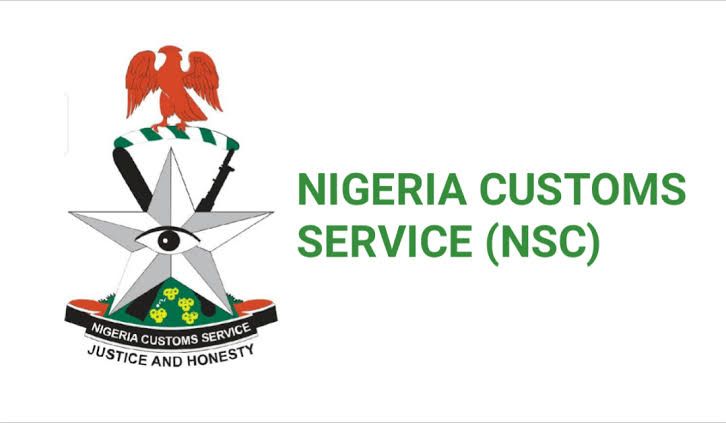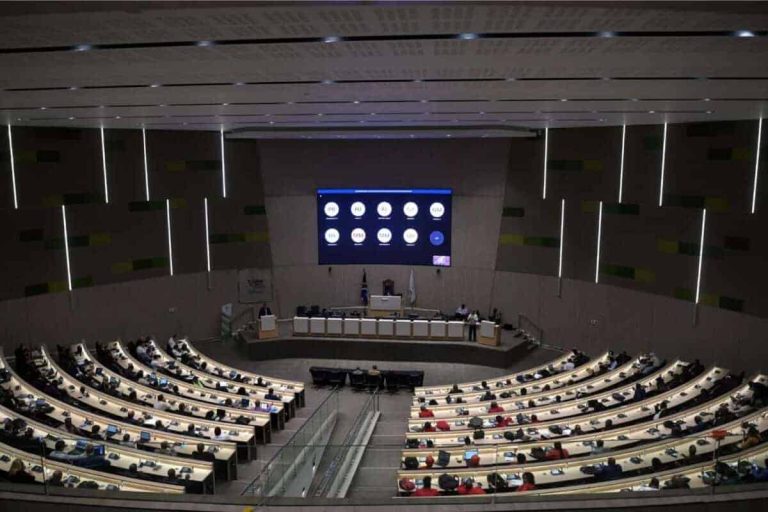
The Nigeria Customs Service Board (NCSB) has approved a $300 de minimis threshold for goods brought into the country via express shipping or as part of passenger baggage, a move set to simplify clearance procedures and promote cross-border trade.
The decision was reached during the board’s 63rd regular meeting, held on September 2, 2025, and chaired by the Minister of Finance and Coordinating Minister of the Economy, Wale Edun.
The measure will officially take effect on September 8, according to a statement released on Sunday by Abdullahi Maiwada, the Customs Service Public Relations Officer.
What Is De Minimis?
The term “de minimis” refers to a threshold under which customs duties and taxes are not applied to imported goods. This new $300 limit means that imports or baggage items valued at or below this amount will not attract customs charges, as long as they are not on the list of restricted or prohibited items.
Designed to Support Trade and E-Commerce
Maiwada explained that the move aligns with international trade protocols such as the World Trade Organization (WTO) Trade Facilitation Agreement and the World Customs Organization (WCO) Revised Kyoto Convention, both of which promote smoother customs procedures.
“After a comprehensive review of global best practices, the board approved $300 as Nigeria’s official de minimis threshold,” Maiwada stated.
This exemption applies to:
- Low-value imports via express shipment
- Cross-border e-commerce deliveries
- Items in passenger baggage not exceeding $300
However, it is limited to four importations per person per year, as outlined under the Nigeria Customs Service Act, 2023.
No Post-Clearance Paperwork — But With Penalties for Abuse
Under the new rule, eligible goods will enjoy immediate clearance without needing post-release documentation , a move expected to drastically reduce customs delays and lower costs for small traders and frequent travellers.
However, Maiwada warned that strict penalties await anyone who attempts to abuse the system.
“Manipulating invoices or evading duty obligations will attract sanctions, including forfeiture, arrest, and legal penalties, as provided in the 2023 Customs Act,” he said.
Helpdesks Coming to Aid Compliance
To ensure smooth implementation, the NCS plans to establish multi-channel helpdesks to:
- Guide stakeholders through compliance
- Address frequently asked questions
- Handle complaints in real time
The Customs Service says the reform is a key part of its strategy to boost Nigeria’s standing as a regional hub for trade facilitation, stimulate e-commerce, and cut down delays at ports and airports.



